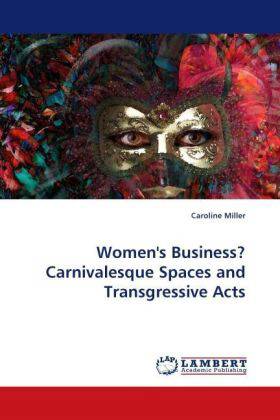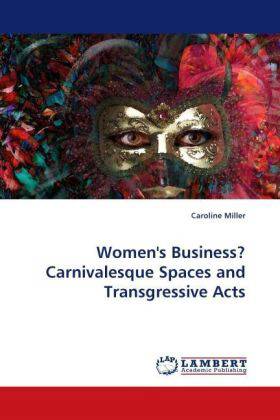
- Afhalen na 1 uur in een winkel met voorraad
- Gratis thuislevering in België vanaf € 30
- Ruim aanbod met 7 miljoen producten
- Afhalen na 1 uur in een winkel met voorraad
- Gratis thuislevering in België vanaf € 30
- Ruim aanbod met 7 miljoen producten
Zoeken
€ 77,95
+ 155 punten
Omschrijving
Discourse on small business start-up in the UK, advanced by the British government and other agencies, is one of encouraging enterprise, innovation and entrepreneurship. This is especially the case with respect to women. It is however suggested that men are around two and a half times more likely to be entrepreneurs than women (UK Global Entrepreneurship Report, 2006). Women are presented as reluctant entrepreneurs, yet many women dream of starting-up either as a means to combine work and family life or as an escape from being organised by others. This study explores the process of start-up through ethnography and interview data and posits that it is in the stages before business begins that start-up becomes problematic for women. The cumulative effects of seemingly unimportant but negative everyday exchanges erode women's will to start. These exchanges range from women's business not being taken seriously and masculine symbolism in the self- employment agency, to the emotional labour (Hochschild, 1993) or harmonising in the home demanded by family and friends. Women's business only becomes possible in carnivalesque spaces as a transgressive act.
Specificaties
Betrokkenen
- Auteur(s):
- Uitgeverij:
Inhoud
- Aantal bladzijden:
- 304
- Taal:
- Engels
Eigenschappen
- Productcode (EAN):
- 9783838336275
- Verschijningsdatum:
- 2/02/2010
- Uitvoering:
- Paperback
- Formaat:
- Trade paperback (VS)
- Afmetingen:
- 152 mm x 229 mm
- Gewicht:
- 449 g

Alleen bij Standaard Boekhandel
+ 155 punten op je klantenkaart van Standaard Boekhandel
Beoordelingen
We publiceren alleen reviews die voldoen aan de voorwaarden voor reviews. Bekijk onze voorwaarden voor reviews.











